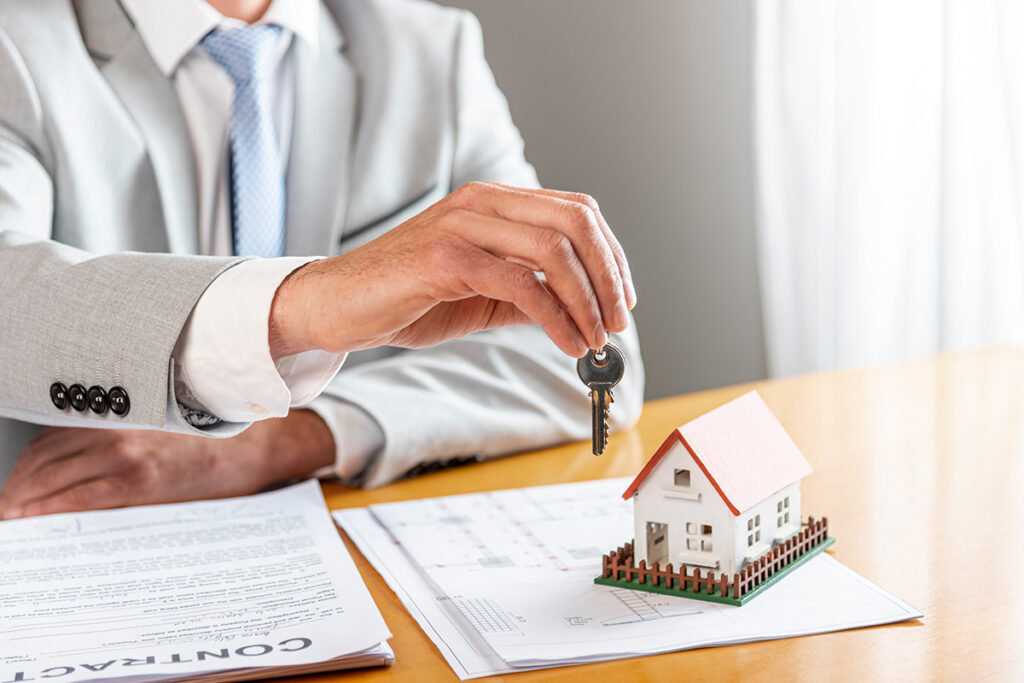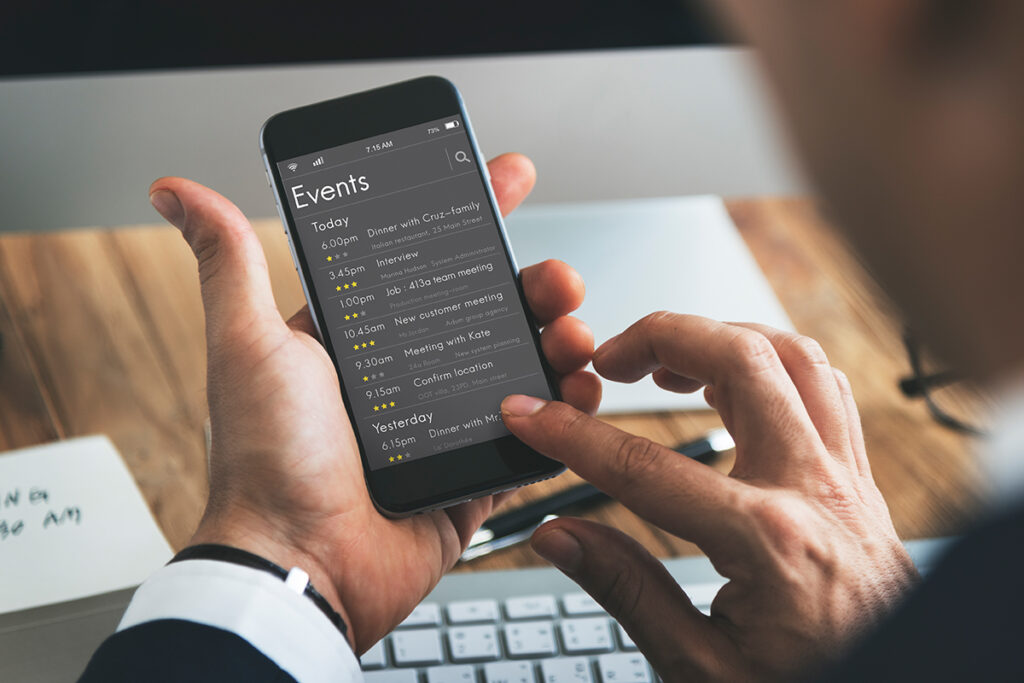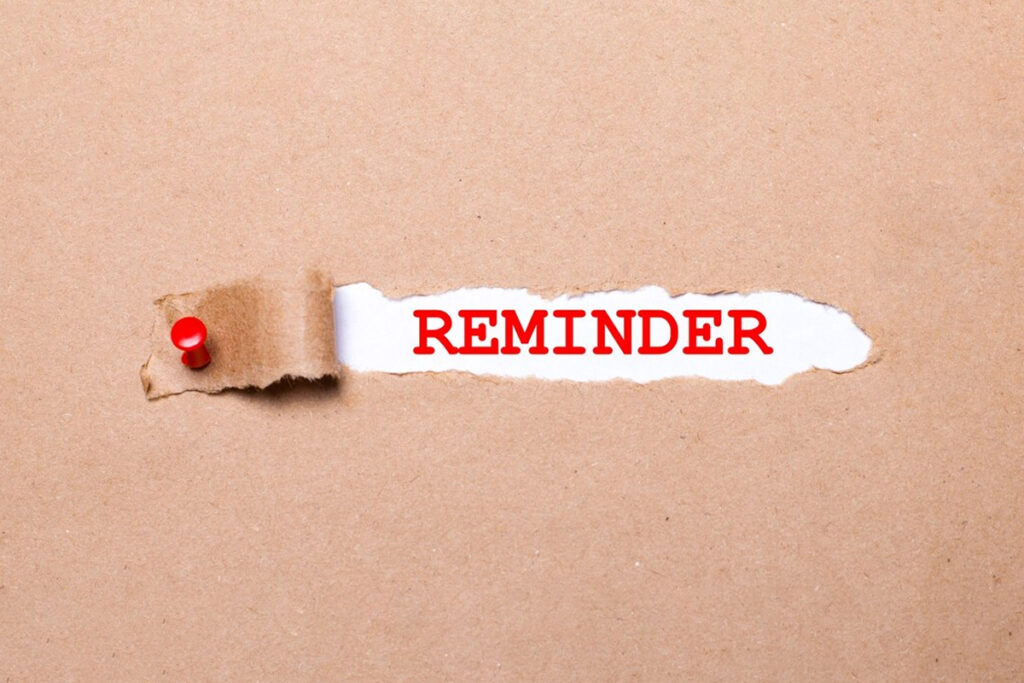Features
FEATURES THAT PDL OFFERS
List of a few features our app offer to ease the users!
Property management
Property management for a property dealer ledger app is a comprehensive set of tools and features designed to help property managers and manage their properties more efficiently. Additionally, it provides users with a variety of features to help manage other aspects of the property, such as tenant information, maintenance requests, and communication.
- Communication tools: The app may offer a variety of communication tools, such as messaging and to help property managers to communicate with tenants, staff, and contractors.
- Integration with other tools: The app may integrate with other property management tools, such as accounting software or leasing tools, to provide a comprehensive solution for property management needs.
Overall, a property dealer ledger app for property management can help property managers streamline their operations, improve communication, and maximize the financial performance of their properties. By utilizing the app’s features and tools, property managers can focus on more strategic decision-making and provide a better overall experience for their tenants.

Manage Buyers/Clients

Vendors can add and save buyer lists for further use. View and amend the buyer’s information as well. Easy to reach clients with the calling feature, which will redirect to the mobile. Managing buyers/clients in a property dealer ledger app involves storing and organizing all relevant information related to a property buyer or client. This information includes details such as contact information, purchase history, preferences, and other relevant details. A property dealer ledger app can help streamline the process of managing buyers/clients by allowing users to store all information related to each client in one place. Some key features of a property ledger app for managing buyers/clients may include:
- Buyer/client profiles: The app can store detailed buyer/client profiles, including contact information, property preferences, budget, and purchase history. This feature can help property managers and agents keep track of buyer/client needs and preferences, making it easier to provide personalized service and recommendations.
- Lead management: The app can help manage leads generated from property listings, open houses, and other sources.
- Communication tools: The app may offer communication tools, such as messaging capabilities, to help property managers and agents communicate with clients and respond to inquiries.
- Schedule management: The app can provide a scheduling system to help manage appointments, property viewings, and other events related to client management.
- Collaboration: The app may provide collaboration tools to help multiple agents or team members work together on managing clients. This can help ensure that all team members are on the same page and can provide consistent and coordinated service to clients.
Through this capability, the vendor can send a single message to all customers with a single click. Both time and energy will be greatly reduced. Schedule Meeting: Reminders of the scheduled meetings will be sent to the vendor. Vendors have the option of setting a meeting reminder, such as setting an alarm for 15 minutes before the meeting. Scheduling a meeting in a property dealer ledger app involves using the app’s scheduling tools to set up a meeting with relevant parties, such as property owners, tenants, maintenance personnel, or other stakeholders. This feature can help streamline communication and ensure that all relevant parties are aware of and prepared for the meeting. A property dealer ledger app can provide a range of tools and features to facilitate scheduling meetings, including:
- Calendar tools: The app may include a calendar feature that allows users to view their schedule and availability. This can help users choose the best time for a meeting based on their availability and the availability of other participants.
- Scheduling tools: The app can offer scheduling tools that allow users to send meeting invitations to relevant parties and manage responses. This feature can help ensure that everyone is aware of the meeting and has the opportunity to accept or decline the invitation.
- Reminders: The app may provide reminder tools to ensure that all parties are reminded of the meeting in advance. This can help prevent missed meetings or delays caused by forgetfulness.
Overall, a property dealer ledger app that includes scheduling tools can help property managers to save time and streamline communication. By utilizing the app’s features and tools, users can schedule meetings more efficiently and effectively, ensuring that everyone is on the same page and prepared for the meeting.
Bulk SMS to all contact lists


Reminders
Reminders of the scheduled meetings will be sent to the vendor. Vendors have the option of setting a meeting reminder, such as setting an alarm for 15 minutes before the meeting. Reminders on a property dealer ledger app for meetings are alerts that notify property managers or of upcoming meetings or appointments. These reminders help to ensure that meetings are not missed or forgotten, and that everyone involved is prepared and ready to participate.
The reminders typically include the following information:
- Date and time: The date and time of the meeting or appointment.
- Location: The location of the meeting, such as an office or conference room.
- Participants: The names of all participants who are expected to attend.
- Agenda: The purpose of the meeting and the items to be discussed or addressed
Reminders can be set up to notify property managers or well in advance of the meeting, such as a week or a few days before the scheduled date. By setting up reminders on a property dealer ledger app, property managers can ensure that they are always aware of upcoming meetings and appointments. This helps to improve the efficiency of property management and ensures that important issues are addressed and resolved in a timely manner. With reminders, property managers can stay organized and ensure that they are always prepared and ready for any meetings or appointments related to their properties.
A day book for a property dealer ledger app is a record of all the daily transactions related to the property management. It serves as a log of all the incoming and outgoing payments, expenses, and any other financial activities. The day book is an essential tool for keeping track of the financial health of the property and ensures that all transactions are properly recorded and accounted for. The day book typically includes the following information:
- Date: The date of the transaction.
- Transaction type: The type of transaction, such as rent payment, repair expense, or utility bill.
- Description: A brief description of the transaction, such as the name of the tenant, the nature of the repair, or the type of utility.
- Amount: The amount of the transaction.
- Payment method: The payment method used, such as cash, check, or credit card.
- Balance: The current balance of the account after the transaction.
The day book is usually updated on a daily basis to ensure that all transactions are properly recorded in a timely manner. It provides a comprehensive record of all financial activities and serves as a reference for property managers and owners to monitor the financial health of the property. With a well-maintained day book, property managers can quickly identify any discrepancies or errors and take corrective action to ensure the financial stability of the property.
Day Book

Property management

Property management for a property dealer ledger app is a comprehensive set of tools and features designed to help property managers and manage their properties more efficiently. Additionally, it provides users with a variety of features to help manage other aspects of the property, such as tenant information, maintenance requests, and communication.
- Communication tools: The app may offer a variety of communication tools, such as messaging and to help property managers to communicate with tenants, staff, and contractors.
- Integration with other tools: The app may integrate with other property management tools, such as accounting software or leasing tools, to provide a comprehensive solution for property management needs.
Overall, a property dealer ledger app for property management can help property managers streamline their operations, improve communication, and maximize the financial performance of their properties. By utilizing the app’s features and tools, property managers can focus on more strategic decision-making and provide a better overall experience for their tenants.
Manage Buyers/Clients

Vendors can add and save buyer lists for further use. View and amend the buyer’s information as well. Easy to reach clients with the calling feature, which will redirect to the mobile. Managing buyers/clients in a property dealer ledger app involves storing and organizing all relevant information related to a property buyer or client. This information includes details such as contact information, purchase history, preferences, and other relevant details. A property dealer ledger app can help streamline the process of managing buyers/clients by allowing users to store all information related to each client in one place. Some key features of a property ledger app for managing buyers/clients may include:
- Buyer/client profiles: The app can store detailed buyer/client profiles, including contact information, property preferences, budget, and purchase history. This feature can help property managers and agents keep track of buyer/client needs and preferences, making it easier to provide personalized service and recommendations.
- Lead management: The app can help manage leads generated from property listings, open houses, and other sources.
- Communication tools: The app may offer communication tools, such as messaging capabilities, to help property managers and agents communicate with clients and respond to inquiries.
- Schedule management: The app can provide a scheduling system to help manage appointments, property viewings, and other events related to client management.
- Collaboration: The app may provide collaboration tools to help multiple agents or team members work together on managing clients. This can help ensure that all team members are on the same page and can provide consistent and coordinated service to clients.
Bulk SMS to all contact lists

Through this capability, the vendor can send a single message to all customers with a single click. Both time and energy will be greatly reduced. Schedule Meeting: Reminders of the scheduled meetings will be sent to the vendor. Vendors have the option of setting a meeting reminder, such as setting an alarm for 15 minutes before the meeting. Scheduling a meeting in a property dealer ledger app involves using the app’s scheduling tools to set up a meeting with relevant parties, such as property owners, tenants, maintenance personnel, or other stakeholders. This feature can help streamline communication and ensure that all relevant parties are aware of and prepared for the meeting. A property dealer ledger app can provide a range of tools and features to facilitate scheduling meetings, including:
- Calendar tools: The app may include a calendar feature that allows users to view their schedule and availability. This can help users choose the best time for a meeting based on their availability and the availability of other participants.
- Scheduling tools: The app can offer scheduling tools that allow users to send meeting invitations to relevant parties and manage responses. This feature can help ensure that everyone is aware of the meeting and has the opportunity to accept or decline the invitation.
- Reminders: The app may provide reminder tools to ensure that all parties are reminded of the meeting in advance. This can help prevent missed meetings or delays caused by forgetfulness.
Overall, a property dealer ledger app that includes scheduling tools can help property managers to save time and streamline communication. By utilizing the app’s features and tools, users can schedule meetings more efficiently and effectively, ensuring that everyone is on the same page and prepared for the meeting.
Reminders

Reminders of the scheduled meetings will be sent to the vendor. Vendors have the option of setting a meeting reminder, such as setting an alarm for 15 minutes before the meeting. Reminders on a property dealer ledger app for meetings are alerts that notify property managers or of upcoming meetings or appointments. These reminders help to ensure that meetings are not missed or forgotten, and that everyone involved is prepared and ready to participate.
The reminders typically include the following information:
- Date and time: The date and time of the meeting or appointment.
- Location: The location of the meeting, such as an office or conference room.
- Participants: The names of all participants who are expected to attend.
- Agenda: The purpose of the meeting and the items to be discussed or addressed
Reminders can be set up to notify property managers or well in advance of the meeting, such as a week or a few days before the scheduled date. By setting up reminders on a property dealer ledger app, property managers can ensure that they are always aware of upcoming meetings and appointments. This helps to improve the efficiency of property management and ensures that important issues are addressed and resolved in a timely manner. With reminders, property managers can stay organized and ensure that they are always prepared and ready for any meetings or appointments related to their properties.
Day Book

A day book for a property dealer ledger app is a record of all the daily transactions related to the property management. It serves as a log of all the incoming and outgoing payments, expenses, and any other financial activities. The day book is an essential tool for keeping track of the financial health of the property and ensures that all transactions are properly recorded and accounted for. The day book typically includes the following information:
- Date: The date of the transaction.
- Transaction type: The type of transaction, such as rent payment, repair expense, or utility bill.
- Description: A brief description of the transaction, such as the name of the tenant, the nature of the repair, or the type of utility.
- Amount: The amount of the transaction.
- Payment method: The payment method used, such as cash, check, or credit card.
- Balance: The current balance of the account after the transaction.
The day book is usually updated on a daily basis to ensure that all transactions are properly recorded in a timely manner. It provides a comprehensive record of all financial activities and serves as a reference for property managers and owners to monitor the financial health of the property. With a well-maintained day book, property managers can quickly identify any discrepancies or errors and take corrective action to ensure the financial stability of the property.
